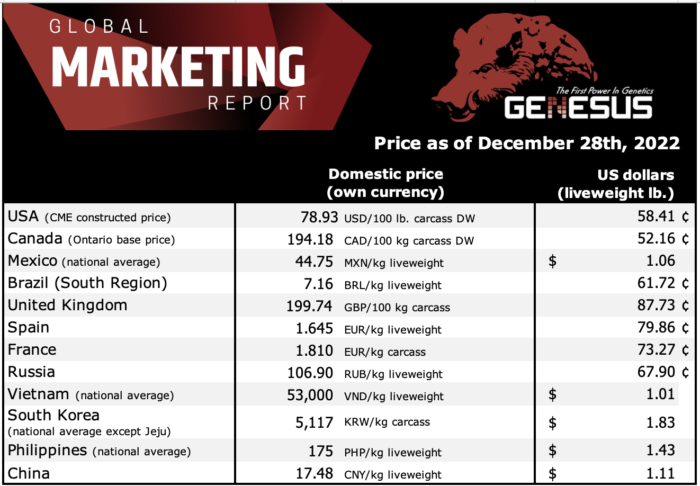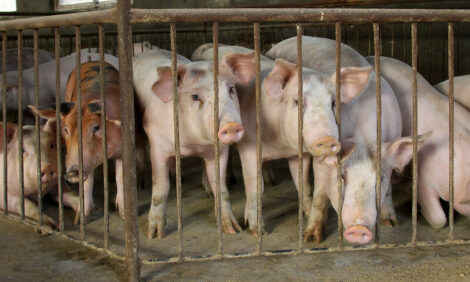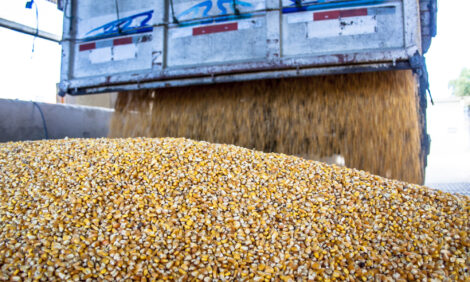



Genesus Global Market Report – Canada, December 2022

Canadian producers, like much of the world, currently are dealing with high feed prices. This is impacting profitability despite high retail pork prices. There seems to be little to no actual expansion of the sow herd due to expensive building costs and a pork market that isn’t very ecstatic. 2023 should see high pork prices again and feed costs will hopefully come down some so producers can be profitable. 2022 saw Canadian crop production rebound from a poor 2021. Wheat exports were 15Mt in 2021 and 26Mt this year – a 73% increase. This influx of wheat in Canada and to the world is positive news in an increasingly volatile market.
We are seeing globally (mostly just in Western countries) an effort by political leaders to bring down agricultural emissions. This effort by them will be far impacting. We have seen Dutch farmers protesting the country’s plan to halve the country’s livestock; New Zealand plans to tax agricultural emissions by 2025; Irish farmers are expected to cut emissions by 25% before 2030; Denmark wants the agricultural sector to cut emissions by 65%, etc. This will put people out of work. It will also make food more expensive for everyone, if there’s less to eat then prices will go up.
In Canada, we also have a government that is seemingly against the agricultural industry. Earlier this year it was reported that Canada wants to cut fertilizer emissions by 30% by 2030. Amongst a tremendous amount of backlash, the government has stated that it wouldn’t be a ban but more of an objective. Knowing the Trudeau Liberals if they see other countries taxing/cutting emissions drastically in the agricultural sector, they will want to jump right on board and join the party. They are already doing it. The Trudeau Liberals are going to triple the already existing carbon tax which it’s estimated will cost a 5,000-acre farm $150,000 a year in carbon taxes. That sounds like great economics and sustainability for our agricultural sector.
In an ever-growing world population, it seems nonsensical to reduce output in parts of the world that produce a tremendous amount of food for the entire world. Quite frankly, it’s heinous to be proposing such drastic measures when in 2022 world hunger has gone up, not down. It is little surprise to hear such insane plans from leaders and governments worldwide who fly around on private jets to climate summits where they discuss and decide how the average farmer is bad. They are obviously against us. Our own really special Prime Minister of Canada Justin Trudeau is getting the taxpayer to foot the bill for his annual $55,000 household grocery bill. We truly live in such a special country when our Prime Minister can spend more than the average Canadian makes in a year just on his household groceries. He really seems to love food; I don’t know why he’s so against the Canadian agriculture industry then.
References:
https://www.graincentral.com/markets/production-rebound-in-canada-sees-exports-bounce/
https://okotoksonline.com/articles/liberal-policy-a-concern-for-the-agriculture-sector
https://www.worldvision.ca/stories/food/world-hunger-facts-how-to-help






